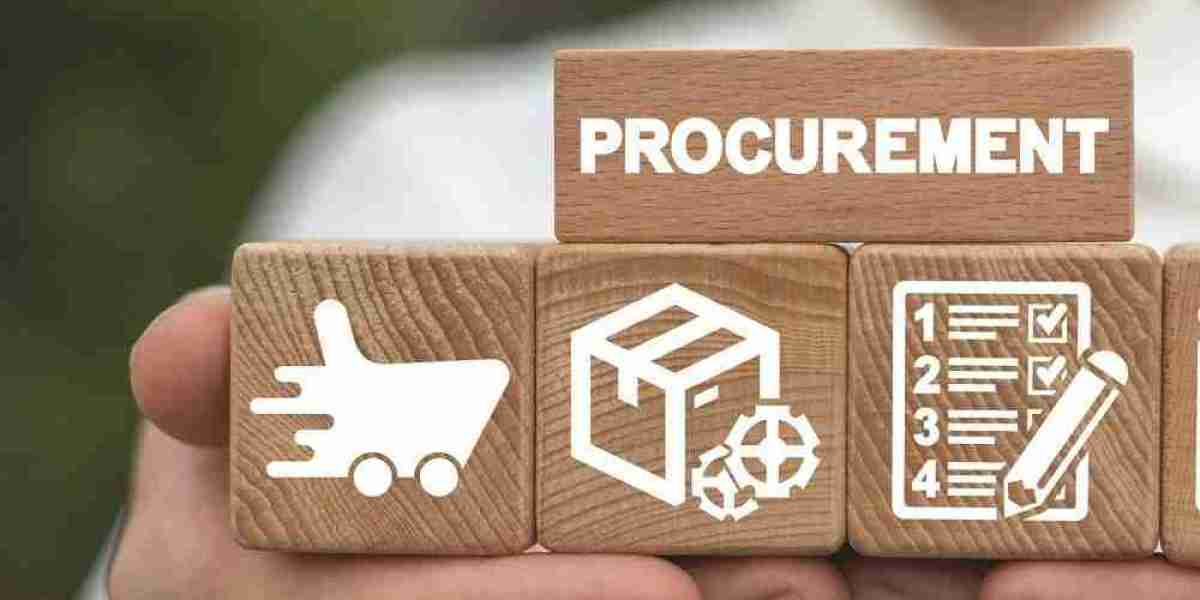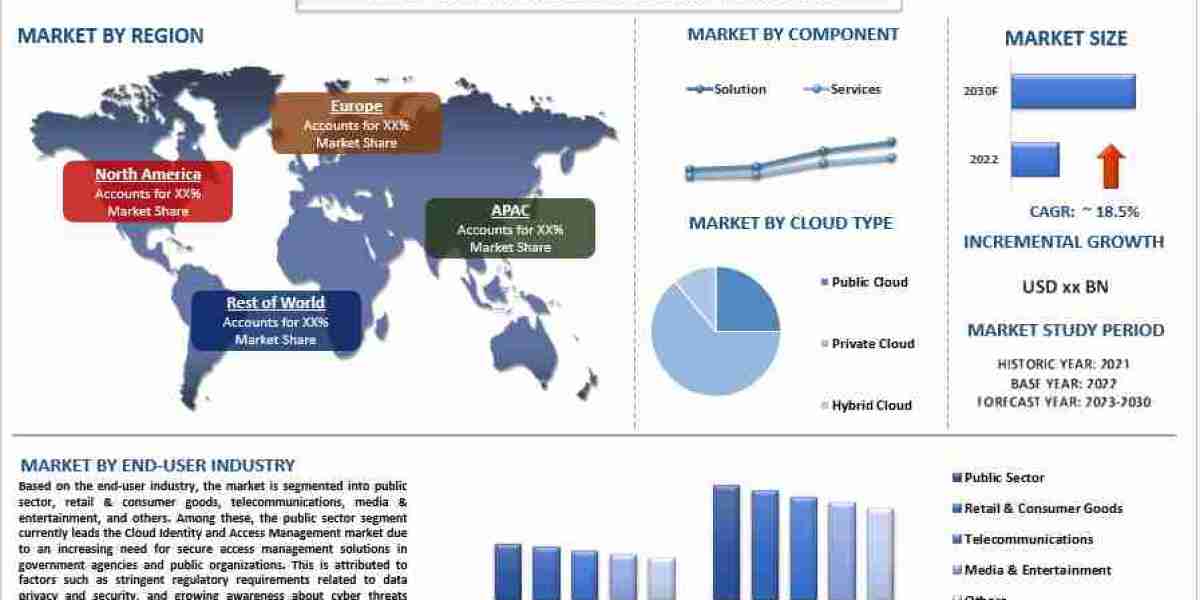In the fast-paced and competitive world of the hospitality industry, guest experience and satisfaction are paramount. Every hotel, resort, or hospitality business is continually seeking ways to improve the quality of service and amenities provided to guests. One often overlooked but crucial factor in achieving this goal is hospitality procurement. The procurement process involves sourcing, acquiring, and managing all the goods and services necessary for the operation of a hotel, from furniture and linens to food and beverage supplies. Its impact on guest experience is far-reaching, influencing everything from the quality of amenities to the efficiency of services.
This article explores how hospitality procurement can significantly affect guest satisfaction and the operational success of hotels, offering insights into its strategic importance in today’s hospitality landscape.
What is Hospitality Procurement?
Hospitality procurement refers to the acquisition of goods, services, and equipment that are essential for the day-to-day operations of hospitality businesses, including hotels, resorts, restaurants, and other service-oriented establishments. It covers a broad range of categories such as:
- FF&E (Furniture, Fixtures, and Equipment) – the physical furnishings and equipment in the hotel.
- OS&E (Operating Supplies and Equipment) – items that are used in daily operations like linens, towels, guestroom amenities, and kitchen tools.
- Food and Beverage Supplies – sourcing high-quality ingredients and beverages for hotel kitchens and restaurants.
- Technology and Software – procurement of the latest technologies that support hotel operations and improve customer experience, such as booking systems, guest Wi-Fi, and in-room entertainment.
The role of hospitality procurement is critical in managing costs, ensuring quality, and meeting guest expectations. A well-executed procurement process directly influences the guest experience, leading to higher satisfaction levels and improved brand loyalty.
The Connection Between Hospitality Procurement and Guest Satisfaction
Guests expect a high standard of comfort, service, and convenience when they stay at any hospitality property. Whether they are staying in a luxury hotel or a budget-friendly accommodation, the quality of products and services they receive plays a significant role in shaping their overall experience. Hospitality procurement directly impacts this by ensuring that the right products and services are available at the right time, in the right quality, and at the best possible prices.
- Quality of Amenities and Supplies
One of the most noticeable aspects of a guest's experience is the quality of the amenities provided in their rooms or suites. From fresh, soft linens to high-end toiletries and comfortable furniture, these small but significant touches contribute to a positive guest experience. Procurement teams in the hospitality sector are tasked with selecting and sourcing these items with great care, ensuring that they meet or exceed guest expectations.
For example, the choice of bedding, including mattresses, sheets, pillows, and duvets, can have a profound impact on the quality of sleep and overall guest comfort. Hotels that prioritize quality in these areas will receive better feedback and higher ratings. Similarly, the quality of towels, bathrobes, and toiletries can elevate the bathroom experience for guests, ensuring a memorable and luxurious stay.
- Consistency in Service Delivery
Hospitality procurement also ensures that hotels are able to maintain consistency in service delivery. This consistency is crucial to maintaining high levels of guest satisfaction. By selecting reliable suppliers and managing stock effectively, procurement departments can help ensure that all required goods and services are readily available, even during busy periods.
For example, if a hotel runs out of essential supplies like towels or toiletries, it can lead to frustration among guests, negatively affecting their experience. A streamlined procurement process reduces the chances of shortages and ensures that the property is always fully stocked with the necessary items to deliver an exceptional guest experience.
- Cost Control and Value for Money
While quality is paramount in hospitality procurement, the process must also take cost control into consideration. A procurement team that focuses on acquiring high-quality goods at the best possible prices helps the hotel remain financially viable while offering excellent service. By securing competitive pricing and identifying cost-effective suppliers, procurement teams can ensure that the hotel is able to pass on savings to guests without compromising on service.
For instance, a hotel that can manage food and beverage costs effectively while maintaining a high standard of dining options will likely see higher guest satisfaction. The same applies to the procurement of other essential items such as cleaning products, furniture, and guest amenities. By working with trusted suppliers who provide quality products at competitive prices, procurement teams help hotels keep operational costs in check while maintaining a superior guest experience.
- Timeliness and Availability
In the hospitality industry, timing is everything. A guest who checks into a hotel expects that their room will be prepared and equipped with all necessary amenities. When procurement processes are optimized, hotels can ensure that these items are delivered on time and are available when needed. For instance, delays in receiving essential supplies like toiletries or linens can disrupt hotel operations and negatively affect the guest experience.
Timely procurement ensures that hotel managers are never caught off guard and can avoid last-minute rushes to source essential items. By working with dependable suppliers and establishing long-term relationships, hotels can ensure that they always have access to the materials they need without delay. This reliability not only boosts guest satisfaction but also enhances the operational efficiency of the hotel.
- Sustainability and Eco-Friendly Practices
Sustainability is becoming increasingly important to modern-day travelers, and hospitality procurement plays a key role in supporting these values. Guests are more likely to choose hotels that prioritize eco-friendly and sustainable practices, and procurement teams are in a unique position to influence these decisions.
By sourcing products and services from suppliers that adhere to sustainable practices, hotels can reduce their environmental impact while also enhancing guest satisfaction. For example, the procurement of energy-efficient lighting, eco-friendly cleaning products, or sustainably sourced furniture can help hotels demonstrate their commitment to sustainability. Many guests appreciate these efforts and are more likely to leave positive reviews for hotels that align with their values.
- Personalization of the Guest Experience
Personalized experiences are becoming more important to today’s travelers, who want to feel special and unique during their stay. Hospitality procurement can help facilitate this by sourcing customized amenities or services that cater to individual guest preferences.
For example, luxury hotels may choose to procure high-quality, personalized welcome gifts for guests or provide premium bedding options tailored to specific needs. The procurement process ensures that these personalized touches are readily available and can be delivered with precision. Whether it’s a personalized turndown service or customized room amenities, procurement plays a central role in delivering unique and memorable experiences for guests.
How Hospitality Procurement Enhances Operational Efficiency
Efficient procurement practices not only contribute to guest satisfaction but also to the overall operational success of a hotel. By streamlining procurement processes, hotels can optimize resources, reduce waste, and improve service delivery. Here are a few ways in which hospitality procurement enhances operational efficiency:
- Effective Inventory Management
Through proper procurement, hotels can effectively manage their inventory, ensuring that stock levels are always in balance with demand. This means that essential items, such as linens, towels, and toiletries, are always available, while excess inventory is minimized, reducing storage costs and waste.
- Supplier Relationships and Collaboration
Building strong relationships with trusted suppliers is an essential part of successful hospitality procurement. Reliable suppliers ensure that quality products are delivered on time, at competitive prices, and with minimal disruption to hotel operations. Establishing long-term partnerships with suppliers helps to secure favorable terms and discounts, further benefiting the hotel’s bottom line.
- Technology Integration
Many hotels today are adopting technology solutions to optimize their procurement process. By implementing procurement software or platforms, hotels can automate tasks such as tracking orders, managing supplier relationships, and maintaining inventory. This technological integration helps reduce administrative workload, increases procurement accuracy, and improves decision-making.
Conclusion
Hospitality procurement plays a fundamental role in shaping the guest experience and overall hotel operations. From the quality of amenities to cost management, timely delivery, and sustainability, the procurement process influences nearly every aspect of hotel service. By optimizing procurement practices, hotels can ensure that their guests receive the best possible experience, leading to higher satisfaction, positive reviews, and repeat business.




